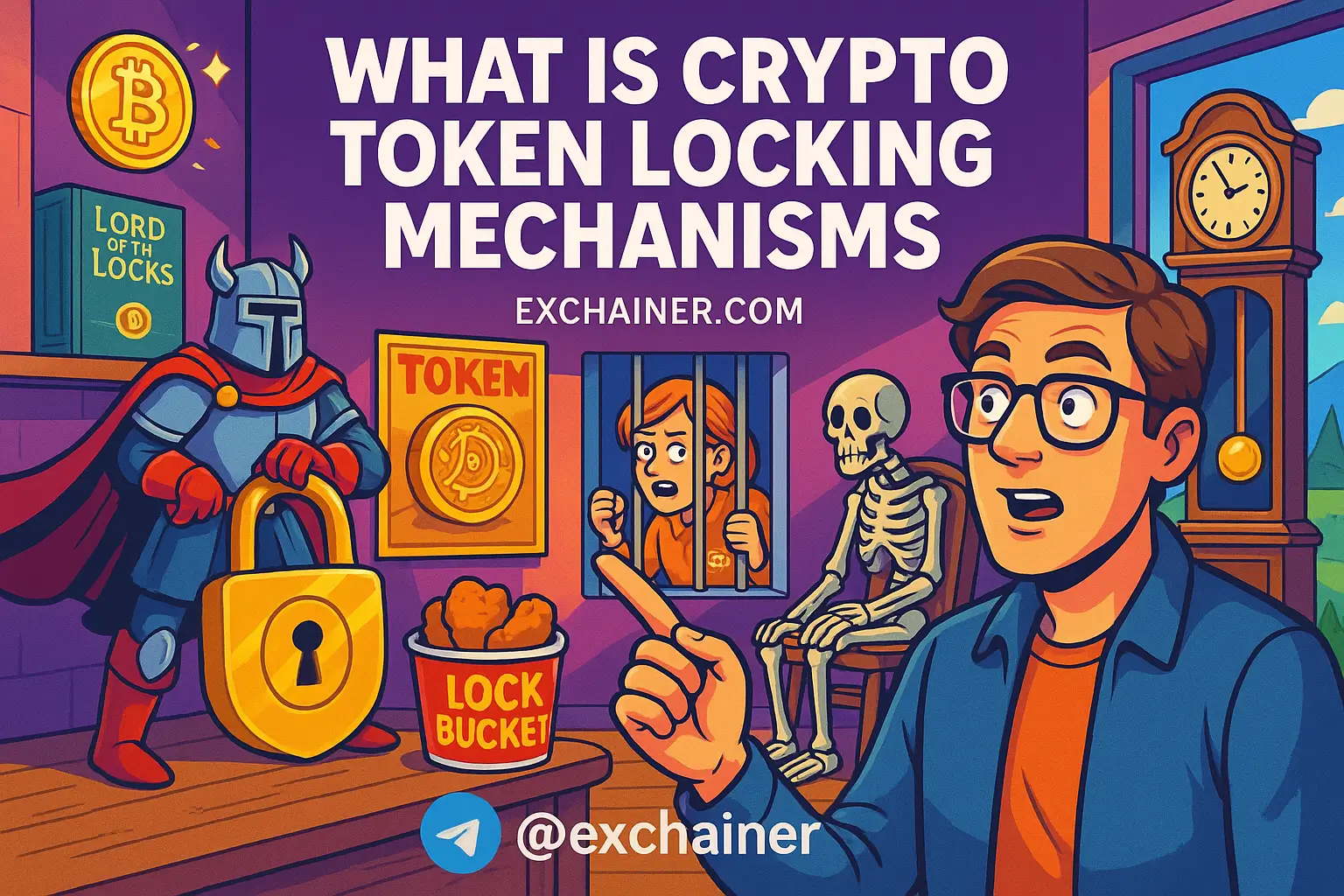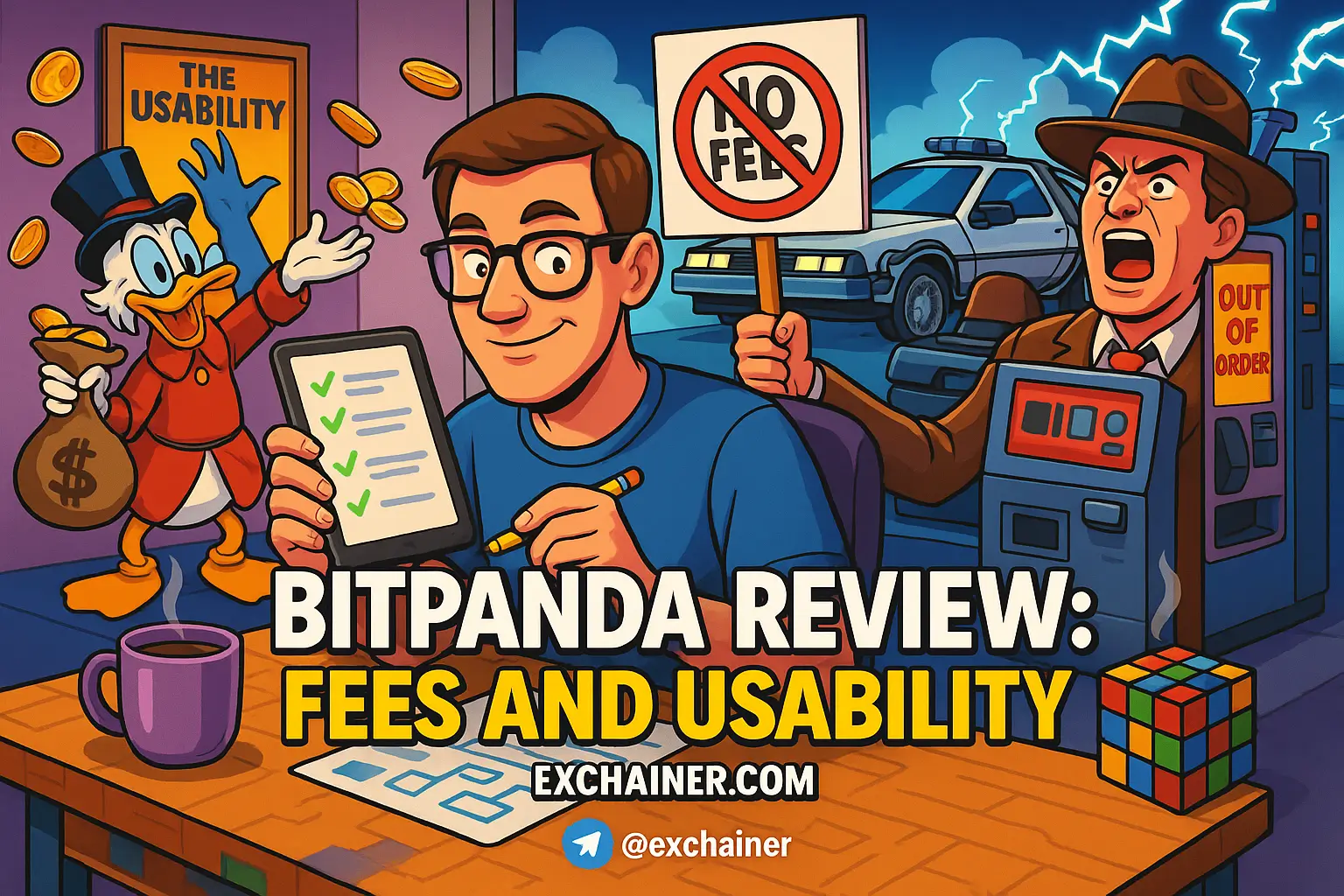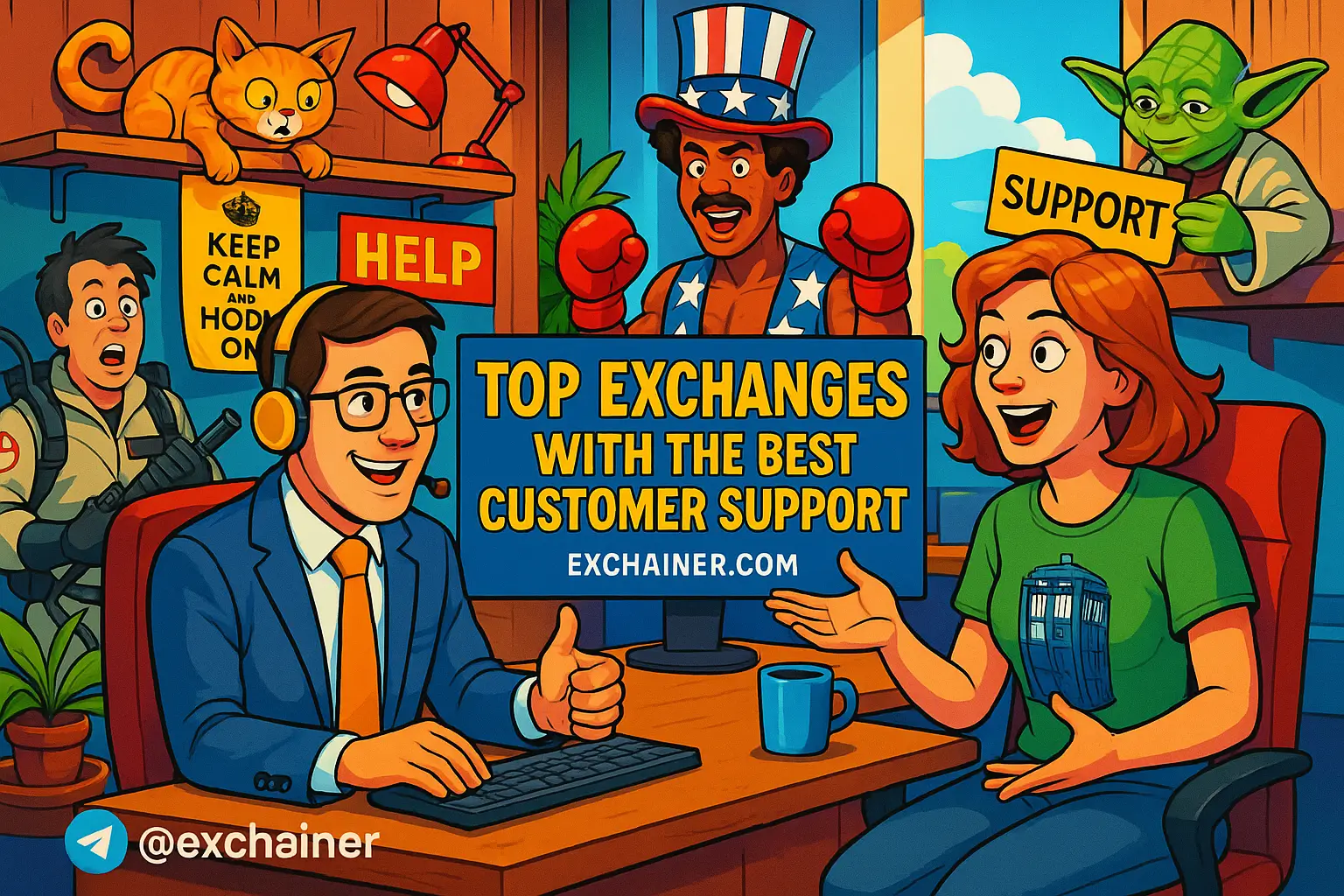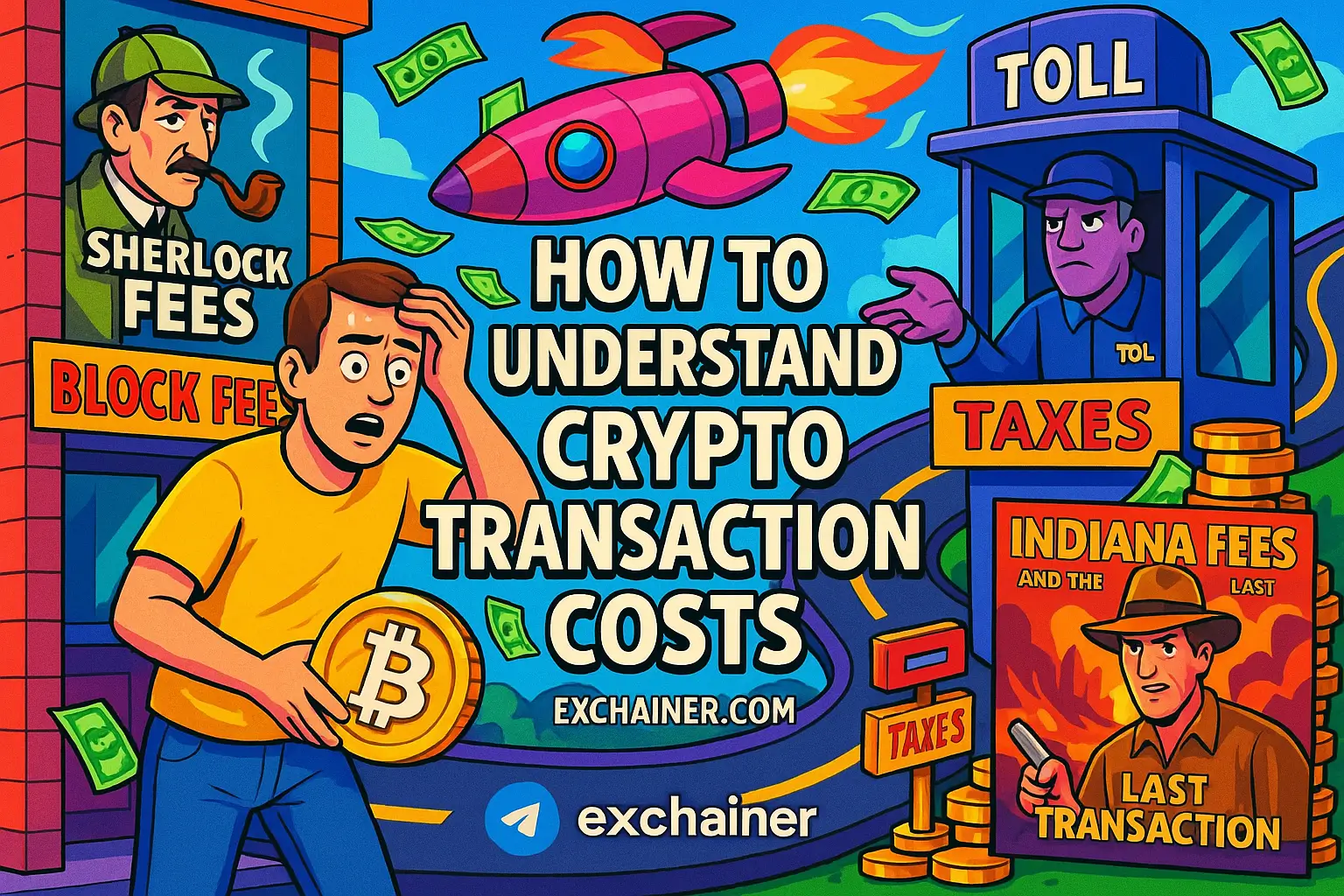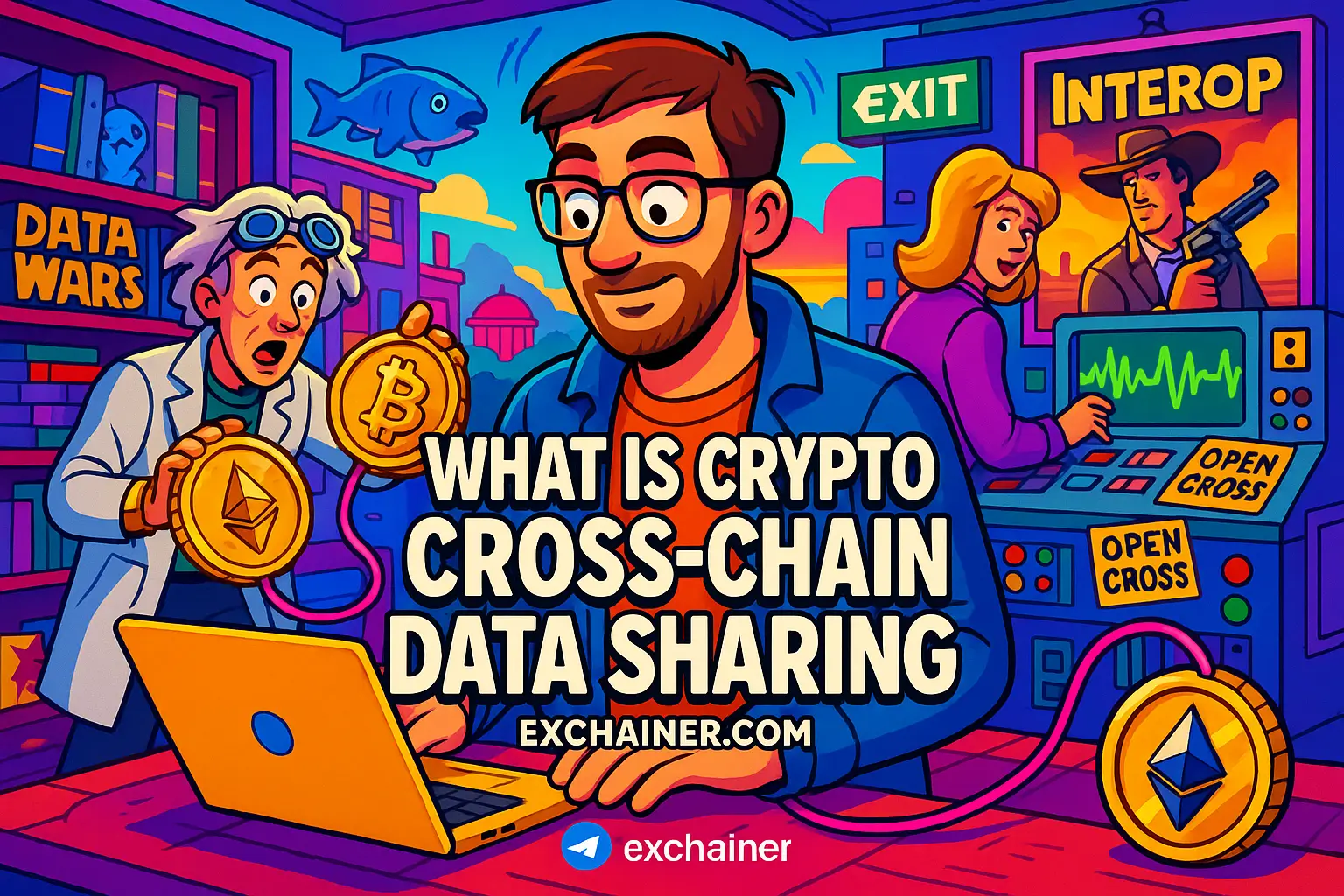Introduction to Altcoins: Understanding Their Importance and Impact
In the vast and vibrant world of cryptocurrencies, altcoins play a dynamic role, offering a diverse array of use cases and innovations that complement and challenge the dominance of Bitcoin. The term "altcoin" itself is a blend of "alternative" and "coin," making it a catch-all phrase for any cryptocurrency that isn't Bitcoin—and, for some enthusiasts, Ethereum as well. As the cryptocurrency landscape continues to evolve, understanding what altcoins are, why they matter, and their various applications becomes increasingly important for both seasoned investors and newcomers alike.
Knowing the basics of altcoins helps improve your cryptocurrency literacy, and it can also guide you towards smart investment opportunities. Many altcoins provide functionalities that Bitcoin alone cannot, catering to specific needs and user preferences. If you're curious about the digital currency universe and ready to dive deeper, understanding altcoins is crucial. They not only present investment opportunities but also illustrate the innovation happening in the blockchain space. So, ready to explore? Let’s take a closer look at altcoins and why they truly matter!
What Are Altcoins?
Altcoins encompass a wide range of cryptocurrencies developed after Bitcoin's pioneering entrance into the financial scene. Each altcoin often aims to address perceived limitations in existing cryptocurrencies, whether it be transaction speed, energy consumption, or specific use cases like DeFi (Decentralized Finance) services. Some of the earliest altcoins, like Litecoin and Dogecoin, were created as forks of Bitcoin or other established blockchains. Others, like Ether (the native token of Ethereum), were developed from the ground up to support new technologies like smart contracts.
In simple terms, altcoins expand on the original blueprint laid out by Bitcoin and incorporate ideas that meet specific market demands.
Key Characteristics of Altcoins
- Innovative Features: Many altcoins bring unique functionalities, such as faster transaction times or specialized governance protocols.
- Experimental Nature: Because they are often newly created, altcoins can exhibit higher volatility and speculative interest.
- Community-Driven Development: A lot of altcoins are built by communities that understand the specific problems they need to solve, making them more adaptive to changing needs.
Types of Altcoins
The diverse world of altcoins can be categorized into several subgroups based on their functions:
Payment Tokens
Designed primarily for transaction purposes, payment tokens aim to mimic or improve upon the functionalities of Bitcoin. For instance, Litecoin is known for its faster transaction times.
Stablecoins
Pegged to traditional currencies to reduce volatility, stablecoins like USDC provide a stable medium of exchange, making them a central feature for trading platforms.
Meme Coins
Often created for humorous or community-driven purposes, meme coins like Dogecoin have gained popularity due to online communities, despite limited technical utility.
Privacy Coins
Focused on enhancing user privacy and transaction security, coins like Monero and Zcash employ advanced cryptographic techniques to keep transactions anonymous.
Utility Tokens
Used within specific ecosystems for various applications, utility tokens like Binance Coin (BNB) are essential for users wanting to interact with a platform's services.
Governance Tokens
These tokens allow holders to vote on the direction of a project. For example, MakerDAO allows its token holders to make decisions on the platform’s future.
Play-to-Earn Tokens
Used in gaming and other interactive platforms, these tokens, like Axie Infinity’s AXS, enable users to earn while engaging in gameplay, intertwining entertainment and economics.
Why Do Altcoins Matter?
Altcoins contribute significantly to the cryptocurrency ecosystem by offering unique solutions and innovations. Here's why they are important:
Innovation and Diversification
Altcoins drive innovation by introducing new technologies and features that may not be present in Bitcoin. This can lead to breakthroughs in fields such as blockchain scalability, energy efficiency, and interoperability. Their diverse use cases help expand the potential applications of cryptocurrencies beyond simple transactions.
Market Volatility and Growth Potential
While altcoins are known for their volatility—which can make them riskier investments—they also present exciting opportunities for significant price appreciation. If you buy at the right time and pick a project with good potential, returns can be astronomical. Some tokens have seen returns exceeding 1,000% within a year!
Use Cases Beyond Bitcoin
Altcoins like stablecoins and governance tokens provide essential functions in the evolving DeFi market. They allow investors to lend, borrow, and trade assets, making the financial systems more accessible and user-friendly. Additionally, play-to-earn tokens have opened up new avenues for community engagement and reward structures, emphasizing that cryptocurrency is not limited to the utilities inherent in Bitcoin or Ethereum.
Real-World Applications
Many altcoins are designed with practical applications in mind, targeting specific industries such as banking, healthcare, or gaming. For example, Ripple's XRP is aimed at providing faster and cheaper cross-border payments, illustrating how altcoins can cater to the needs of traditional sectors.
Community and Ecosystem Growth
Additionally, each altcoin often has an active community, driving development, enhancing use cases, and ensuring ongoing innovation. This ecosystem growth is vital for the cryptocurrency sector as it encourages collaboration, competition, and the sharing of best practices among projects.
Challenges Faced by Altcoins
Despite their potential and innovations, altcoins face challenges that can deter potential investors. Here are a few:
Higher Volatility
The prices of altcoins can swing dramatically within a short period, making them more volatile than Bitcoin and Ethereum. This can lead to potential losses for investors unprepared for rapid fluctuations.
Lower Liquidity
Certain altcoins may not have enough trading volume, making it challenging to buy or sell them quickly. Investors need to conduct their research to avoid altcoins with prolonged low liquidity, which can lead to negative investment experiences.
Regulatory Uncertainty
The regulatory landscape for cryptocurrencies is continually evolving. Altcoins may face more scrutiny or be subject to future regulations, which may impact their usability or legality in various jurisdictions.
Conclusion
Altcoins bring a dynamic element to the cryptocurrency market, offering a wide range of innovations and applications that extend beyond the capabilities of Bitcoin. They provide unique solutions to specific problems and allow investors to diversify portfolios while exploring potentially lucrative investment opportunities.
As the financial world becomes increasingly digital, understanding and embracing the potential of altcoins can deliver new avenues for growth and engagement. Whether you're a seasoned crypto enthusiast or just entering this exciting space, altcoins are worth investigating for their diverse functionalities and potential to reshape the future of digital assets.
Ready to take your crypto knowledge to the next level? Explore more guides on Exchainer.com for in-depth articles, tips, and resources. Whether you're interested in exchange reviews, the latest news, or tools and wallets, there's an entire world of information waiting for you. Start your crypto journey today!





